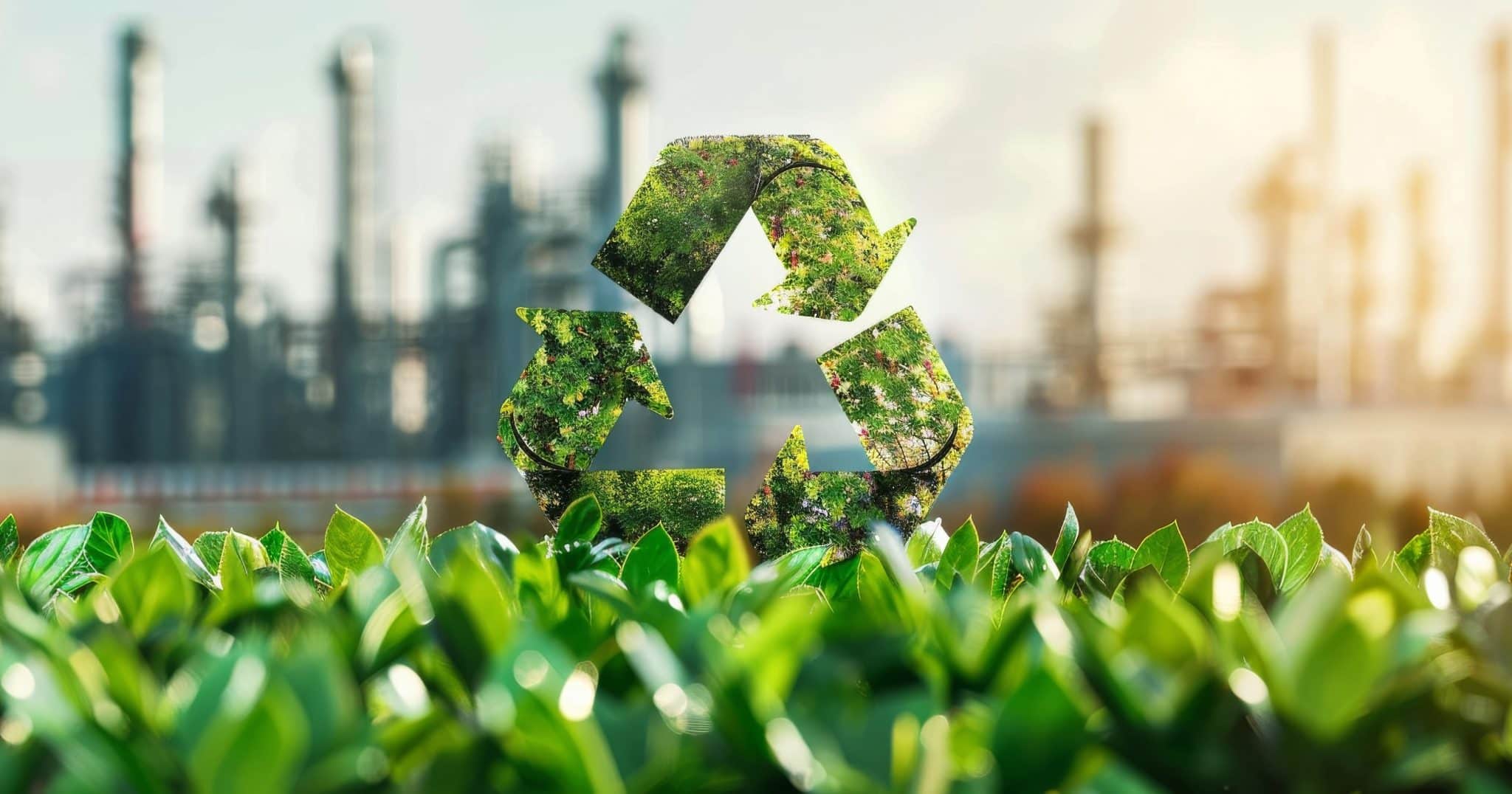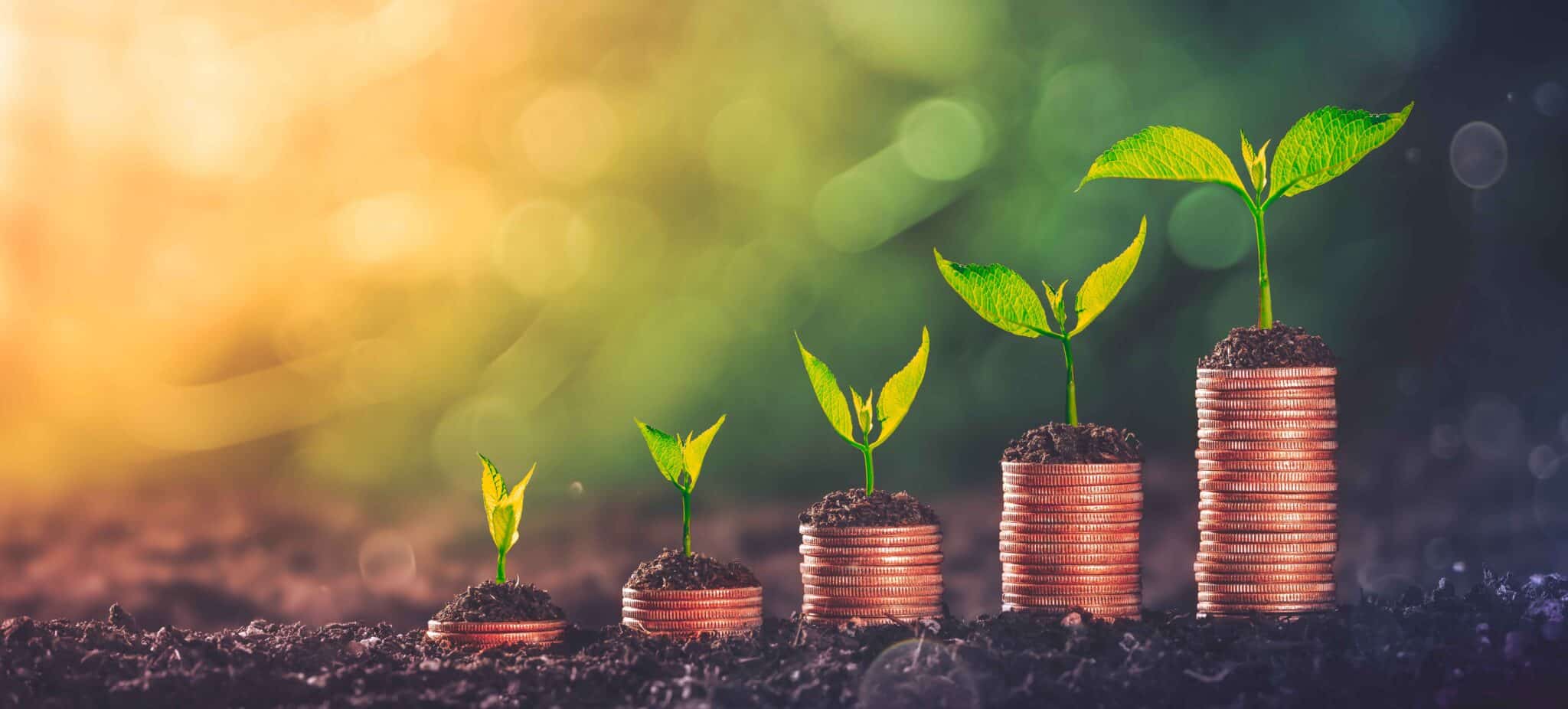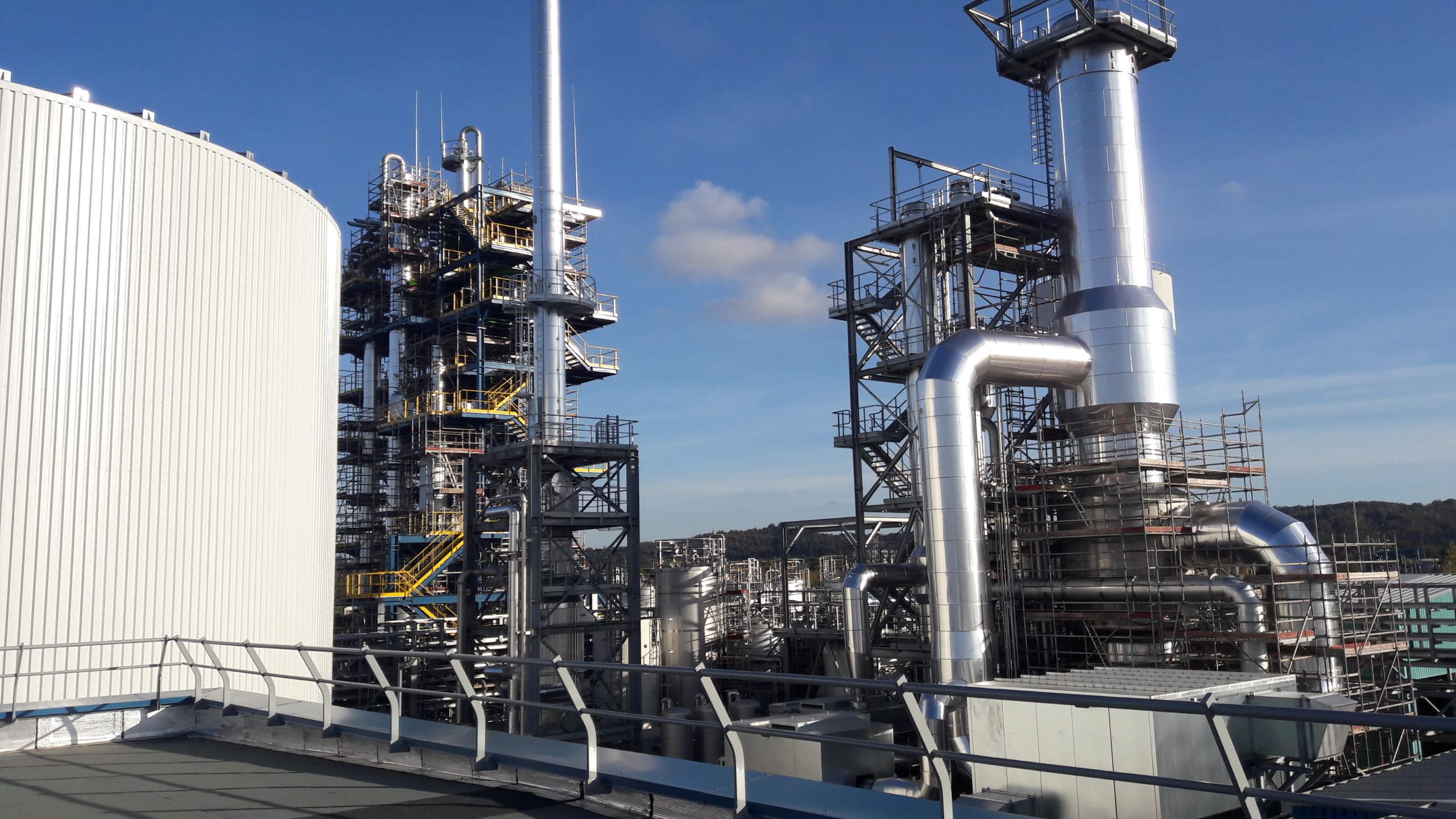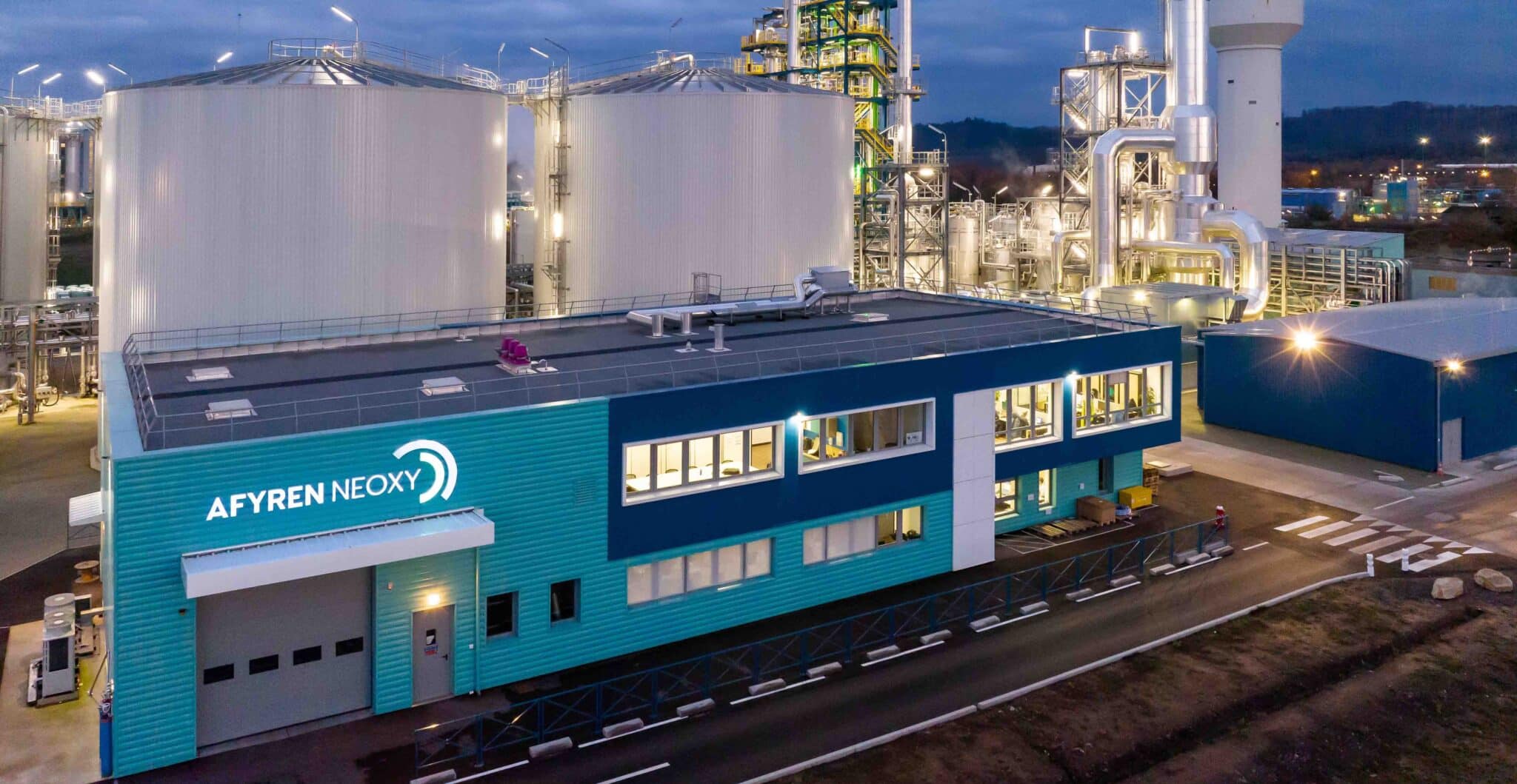Retour page d’accueil • Article : The future is regenerative: circular bioeconomy with fully sustainable solutions
Article : The future is regenerative: circular bioeconomy with fully sustainable solutions

The world is changing, and so must our approach to business and manufacturing. Circular value chains and regenerative industry are no longer just concepts—they are already here and will shape the future. Moving away from linear production models, regenerative industry promises to restore ecosystems, reduce waste, and create sustainable, circular economies. AFYREN is part of this movement with its biomimetic and zero waste industrial plant. Our low-carbon and biobased products enable forward-thinking companies to transition smoothly to regenerative models.
Why Regenerative Industry is the Future of Business
In a world where resources are rapidly draining and environmental impacts are escalating, the concept of regenerative industry is emerging as a game-changer. It is a transformative approach that contrasts sharply with the traditional linear model of production, where the flow is simple: take, make, dispose. This outdated model is not just environmentally damaging—it’s unsustainable for long-term business growth.
The approach «Take, Make, Dispose» is old school
The linear model of production has dominated global industry for over a century. In this system, companies extract raw materials (take), manufacture goods (make), and sell products that are eventually disposed after use. This is not a lasting model: it equals massive waste, pollution, and the exhaustion of limited resources up to a point when current production models won’t be possible to maintain. Studies show that the linear economy is responsible for the overuse of natural resources.
The global economy’s material consumption continues to climb, with the Circle Economy Foundation reporting that over half a trillion tons of resources have been used globally over the last 6 years—a volume nearly matching the totality of material consumption throughout the 20th century.
And furthermore, only 8.6% of total material extracted is cycled back into the economy, according to a study by WBCSD (World Business Council for Sustainable Development.)
Industries are extracting more materials than ever before, putting immense pressure on the environment: greenhouse gas emissions have intensified climate change, making it one of the most pressing challenges of our time. As expected, studies have shown that global GHG emissions and atmospheric concentrations of carbon dioxide continue to grow.
But, why should businesses care? The simple answer is that linear models are unsustainable for long-term growth. If businesses continue down this path, resources risk becoming insufficient, costs for raw materials rising while facing growing regulatory and consumer pressures to change.
Already in 2016 McKinsey & Company highlighted that companies embracing circular and regenerative principles not only reduce costs but also increase resilience in the face of volatile raw material markets and climate change.
Moreover, investors are increasingly looking to fund businesses with strong environmental commitment, acknowledging that sustainability equals resilience. Which is coherent since World Economic Forum estimates that working with nature in the infrastructure and built environment system can generate a total of $3 trillion business opportunities and 117 million jobs by 2030. Companies that adopt regenerative practices and processes are positioning themselves for long-term success.
Additionally, consumer demand for sustainable products is growing rapidly. As consumers become more educated and aware about the environment, they’re demanding products that align with their values. IBM’s 2020 consumer study revealed that 57% of consumers are willing to change their purchasing habits to reduce environmental impact, and 77% see sustainability as important.
The concept of Regenerative Industry
Providing goods and services to respond to the needs of a growing population while preserving natural resources and planet’s capacity is a huge challenge.
Kate Raworth developed the concept “Doughnut Economics” in 2012, a model that balances the social foundation of basic human needs such as food, water, health, equality, and nine planetary boundaries – the ecological ceiling which we can’t surpass to ensure the habitability of our planet.
5 years later she developed her theory and presented “Seven ways to think like a 21st century economist”, an economic mindset with the objective to transform and promote regenerative economics to limit the use of planetary resources. And the need is urgent. In 2023, 6 of the 9 planetary boundaries are crossed.
The regenerative industry is another approach which focuses on restoring, preserving, and revitalizing natural ecosystems.
Instead of simply sustaining current ecosystems, regenerative processes enhance them – improving soil health, biodiversity, and water quality. At its core, regenerative industry operates on the principle of restorative production.
Companies adopting this model prioritize renewable, biobased materials, and design processes that give back to the planet rather than draining it. In the agriculture sector, for example, regenerative practices focus on soil regeneration and carbon sequestration, both of which enhance long-term productivity and limit climate change.
In industrial manufacturing, regenerative design might include closed-loop systems where waste from one process becomes input for another.
Another trend that’s seen is the product-service system. Companies offer a function, a performance of a product and not the product itself. It’s usually done through renting or leasing. XEROX, for example, proposes leasing a photocopying machine instead of buying it, with the customer paying for the number of copies. XEROX therefore don’t have any incentive to sell as many machines as possible. It ensures a more careful use of materials and other resources.
Companies that fail to adapt risk will lose market share to more forward-thinking competitors, while those who embrace biobased solutions will gain a competitive edge and at the same time contributing to the circular bioeconomy.
Regenerative Industry is indispensable for the future
Regenerative industry isn’t just a trend—it’s fast becoming a business necessity. And it must be for a good reason. It is an opportunity to future-proof operations, lower costs, and meet rising consumer expectations, whilst making a positive impact on the planet. As industries transition to more sustainable models, adopting regenerative methods is key to building a resilient, profitable, and green future.
“We can’t continue with the status quo and continue overusing resources. At the same time too many people rely on or wait for action of others rather than start moving themselves. We need to change the mindset of organizations and get them to truly develop a sustainable business model, to ensure their robustness and gain a competitive edge. It’s everyone’s responsibility.”
Caroline Petigny – Sustainability, Communication and Public Affairs Director AFYREN
For those who adopt regenerative models early, the competitive advantage is clear. These businesses can differentiate themselves, enhance brand loyalty, meet consumer demand and future-proof their opera-tions against resource shortages and regulatory changes. By integrating regenerative principles today, these companies are not just ensuring business continuity—they are leading the way into a more durable and sustainable future.
Read more about our vision, including our Regenerative Roadmap
AFYREN: A regenerative solutions provider for a Circular Bioeconomy
Embracing Nature with AFYREN’s Biomimetic Technology
The transition to regenerative practices isn’t just a future goal—it’s happening right now. At AFYREN, we take our inspiration from nature, using a sustainable biomimetic process via natural fermentation to develop biobased carboxylic acids. Our innovative approach replicates the way ecosystems work—converting renewable raw materials into valuable products without harming the planet. By mimicking nature’s efficiency, we can create products that are both performant and environmentally friendly.
One of the most substantial advantages of AFYREN’s biomimetic technology is our products’ low-carbon footprint. Our production methods use biomass co-products, eliminating the need for fossil-based raw materials. This not only reduces greenhouse gas emissions without damaging natural resources (as we use only biomass co-products), AFYREN’s processes generate minimal waste, the only co-product produced is a fertilizer applicable for biological agriculture and all water is recycled in the production flow, aligning perfectly with the principles of the circular and regenerative economy. We produce a portfolio of biobased acids that offer the same performance as their petrochemical equivalents—while significantly reducing environmental impact.
Whether for the food, cosmetics, flavors and fragrances or other sectors, our products are designed to help businesses lower their carbon footprint and move towards more sustainable practices.
Go green – AFYREN’s Solutions
At AFYREN, we provide products that are already being used across various industries to replace petrochemical-based ingredients. An example is AFYBIOTM, a range of biobased organic acids developed for the life sciences sector.
These acids are 100% biobased and are designed to reduce the environmental footprint of companies in, for instance, pharmaceuticals and personal care. In personal care, AFYREN’s biobased ingredients offer a sustainable alternative to traditional fossil-derived chemicals. By integrating AFYBIO’s acids into personal care formulations, companies can maintain product performance while increasing the part of biobased content in their formulations.
WHY PARTNER WITH AFYREN?
Choosing AFYREN as your partner is more than simply an environmental choice—it’s a strategic decision for future-proofing your business. With our solutions, you can reduce your environmental footprint, meet consumer demands for sustainability, stay ahead of regulatory changes and ensure long-term business resilience. By partnering with us, you will also be part of a bigger mission, working towards a regenerative economy and society. AFYREN’s biomimetic technology is ready and waiting to help you take the next step in your sustainability journey.
Contact us for more information
Last news

AFYREN raises €23 million through share capital increase to finance optimization and expansion of unique biorefinery AFYREN NEOXY
Press release
Deforestation – Turning compliance with EUDR into an innovation driver
Publication
Where Nature Meets Performance: The Creative Vision of Delphine Thierry
News post
AFYREN receives €4 million in grants for AFYREN NEOXY and starts new performance-driven investment strategy
Press release
AFYREN begins new phase of industrial strategy as first plant AFYREN NEOXY achieves continuous production
Press release
Availability of preparatory documents for the Combined General Meeting on June 17, 2025
Press release
